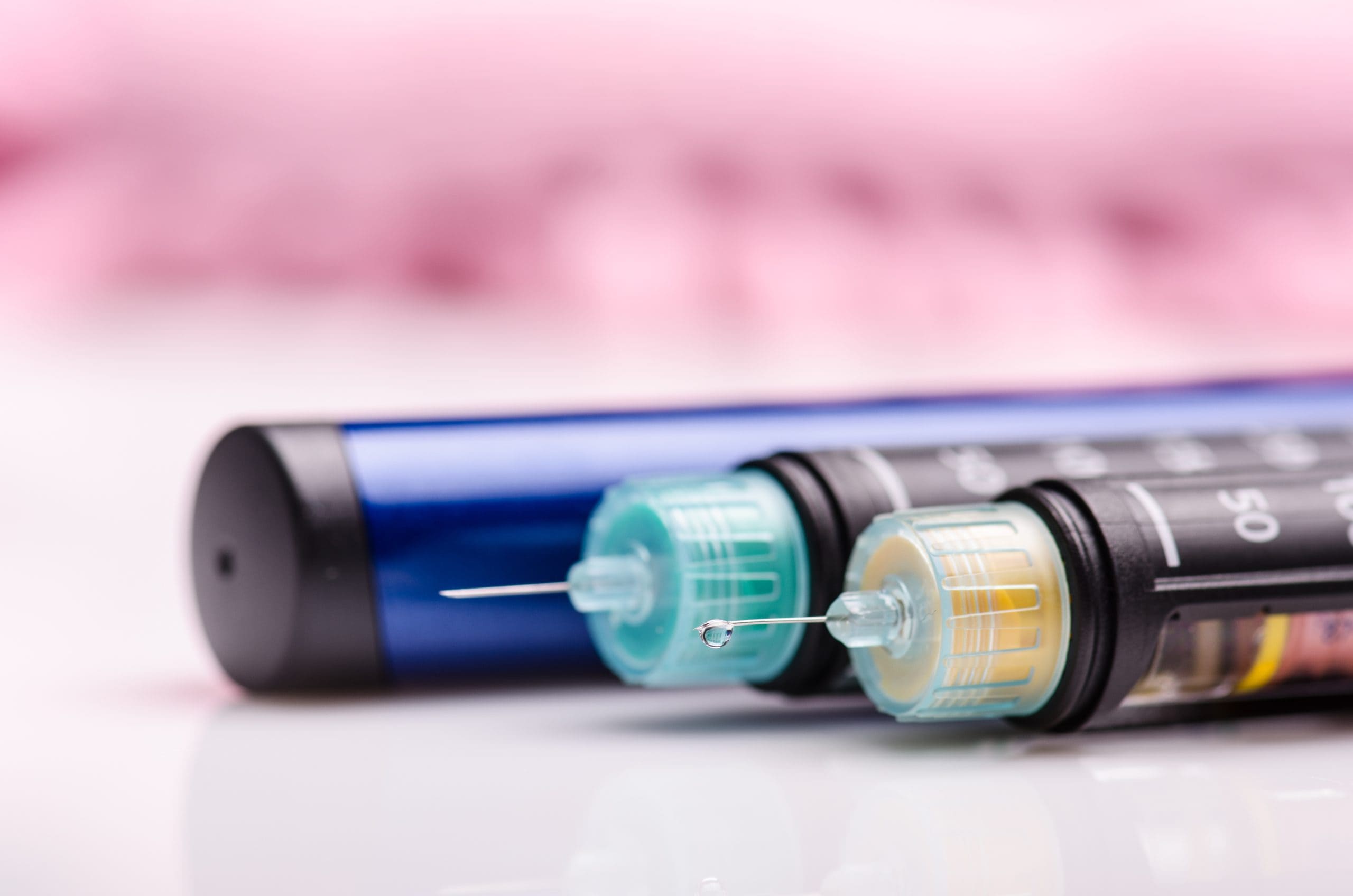By Mark Campbell, Senior Vice President of Clinical Solutions at RxBenefits, the employee benefits industry’s first technology-enabled pharmacy benefits optimizer (PBO)
Diabetes has reached epidemic proportions. The growing rate of individuals diagnosed with Type 1 and Type 2 diabetes is staggering, and so is the cost of treating and managing the disease. The condition now impacts roughly 1 in 10 individuals.
Furthermore, the cost of treating and managing the disease has risen to $327 billion. The price of insulin alone skyrocketed 600% and is expected to reach nearly $24 billion by 2030.
Statistics like these are hard to ignore, which is at least partly why lawmakers have recently tried to take action against rising insulin prices. In January, the Inflation Reduction Act capped the monthly out-of-pocket insulin costs at $35 for seniors on Medicare. So now, insurers – including Medicare private plans and Part D plans – are required to charge no more than $35 per month for insulin products. Reducing out-of-pocket cost-sharing for insulin does mean payers and insurers may be covering a greater share of the costs. However, some of those costs may be offset by increased medication adherence and reduced hospitalization rates, which would end up saving payers money in the long run. At least one pharmaceutical company, Eli Lilly, has already come to that conclusion and took it upon themselves to cut insulin prices by 70%, capping out-of-pocket costs to $35 per month for everyone – including those who are not seniors covered by the Medicare cap.

Given the health and economic issues so many diabetes patients struggle with, it’s tough to argue with the benefits this cap provides. According to an analysis on cost savings done by Health System Tracker, median monthly savings will be $27 among those whose costs currently exceed the cap. One-quarter of people will save at least $71. In the small group market, median savings will be $19, and one-quarter would save at least $48. In the large group market, median savings will be $19, and one-quarter would save at least $42.
Critics of the act have spoken out, claiming the insulin price caps are a federal mandate of sorts that hurts competition. Some pharmaceutical companies said they fear government-set drug prices will ultimately reduce patients’ access to new therapies. However, increasing access to critical drugs that contribute greatly to patients’ self-management of the disease is an act that must not be overlooked. Payers and insurers are now in a position to save lives in addition to money.
Money Worries Mean Missed Medication and Lost Productivity
The rise in insulin costs have led to nearly 16.5% of adults – 1.3 million people – delaying prescription purchases or rationing doses in the last year. Delaying or skipping insulin doses can cause many long-term complications, like heart and kidney disease, stroke, blindness, and weakened immune systems. These conditions, which are called comorbidities in diabetes patients, can have deadly consequences, and they add significantly to the cost of healthcare by requiring additional drugs and hospital stays.
In fact, it’s widely known that the total treatment cost for diabetics with comorbidities and/or complications is higher than costs associated with treating patients whose only condition is diabetes. Diabetes alone is consistently among the top three medical cost drivers, representing between 15% and 20% of total gross pharmacy spend. It’s a growing concern for benefits advisors and self-insured employers.
Data collected by the American Diabetes Association indicates that poorly-controlled diabetes increases workplace absenteeism and reduces productivity, costing employers millions. The best way to change this is by ensuring patients have cost-effective access to insulin so they can properly manage their care. The Inflation Reduction Act does just this – making insulin more affordable so patients don’t have to make life-threatening decisions about whether to purchase their medicine or buy groceries. When medication is taken as directed, patients stay healthier for longer. They need fewer drugs and avoid hospital stays. Their health plans save money.
Take Action to Curb Rising Diabetes Costs
The insulin cap is a great step in the right direction. But to avoid the financial and human cost of missed medication doses, the healthcare industry and health plan providers need to implement additional measures to minimize diabetes treatment costs.
Payers may consider developing diabetes-specific benefits such as incentive and engagement programs that are intended to enhance access to medications, encourage thorough self-management, and improve sustainable behavior change. Employee wellness programs that reward members for monitoring their diets, exercising, and avoiding addictive substances are becoming popular. They make a big difference by supporting a patient’s overall wellness journey.
In addition, payers can do a better job of identifying self-management barriers. The price of insulin isn’t the only factor that can prevent effective care. Mental health challenges, substance abuse and family issues are also common obstacles that, when identified and resolved, may stop hindering patients’ efforts to achieve their wellness goals. Payers can use measurement tools to segment their diabetes patient populations into low- or high-risk groups. When analyzing high-risk groups, factors such as a lack of medication adherence and glycemic control levels may trigger an intervention from the health plan.
The insulin price cap is a big piece of the puzzle that has fallen into place. Ultimately, it will save plan members and payers money in the long run while increasing longevity and improving patients’ quality of life. It may take some time for the positive results to emerge, but keeping an eye on the big picture is crucial. Along the way, payers can work to discern underlying barriers to treatment plan adherence and implement solutions whenever possible.





